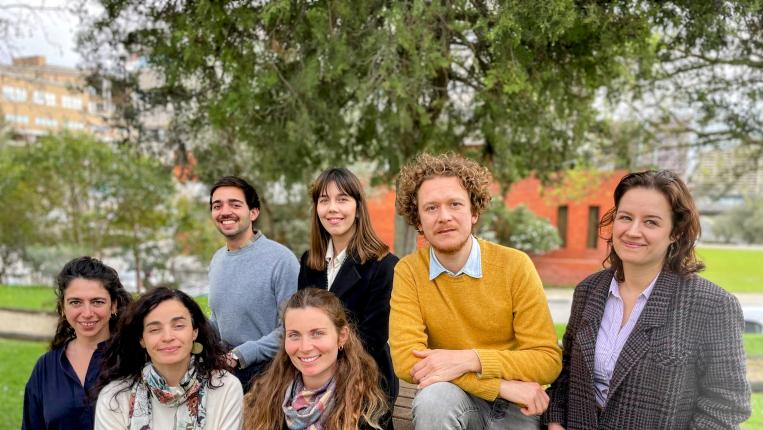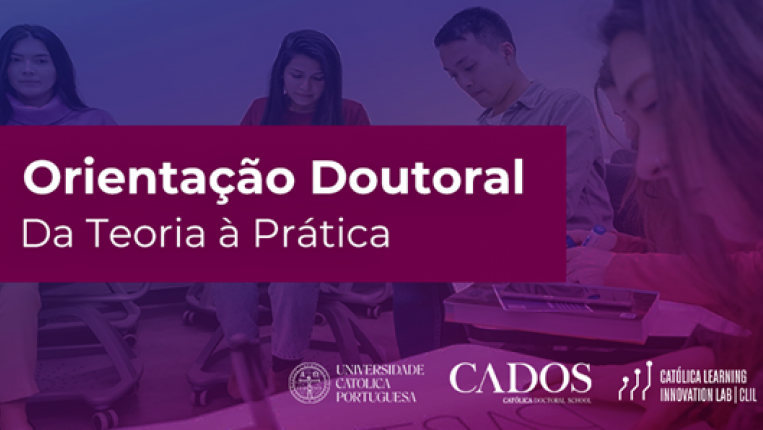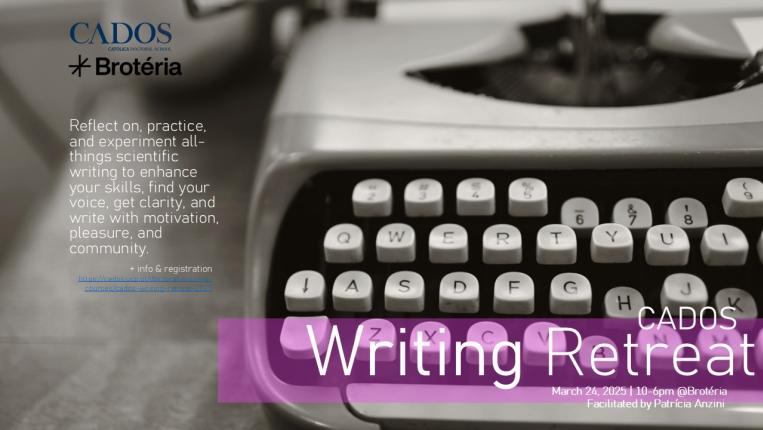In this workshop, Ricardo Morais explains the philosophical foundations of the 21 decisions of the Idea Puzzle theoretical framework for doctoral research design (Morais & Brailsford, 2019).
In particular, the theoretical framing of research (epistemology) as: 1) two keywords in a non-tautological relationship; 2) two opposing streams of thought for critical synthesis; 3) a research gap from previous conclusions; 4) a research question or hypothesis from five levels of knowledge depth; and 5) current answers or results as the state of the science; The methodological framing of research (methodology) as: 6) a meta philosophical stance from a matrix of four; 7) a research strategy from one of three meta toolboxes; 8) complementary data collection techniques; 9) data analysis techniques, including research software; and 10) one of three sets of incommensurable quality criteria.
The empirical framing of research (ontology) as: 11) a unit of analysis i.e. entity or process; 12) a level of analysis i.e. scale; 13) nature of data as qualitative or quantitative; 14) origin of data as primary or secondary; and 15) an analytical or statistical sample; The rhetoric framing of research (axiology) as: 16) the study’s practical and ethical implications i.e. pathos; 17) quasi-inductive, hypothetic-deductive, or abductive logic i.e. logos; as well as 18) theoretical, methodological, and empirical limitations i.e. ethos; The authorial framing of research (axiology) as: 19) first-hand experience of the empirical phenomenon i.e. wisdom; 20) support network i.e. trust; and 21) economic resources i.e. funding and time.
The Idea Puzzle theoretical framework thus aims to put the ‘Ph’ back into the PhD by making explicit the philosophical assumptions of a doctoral research project.
Skills and learning outcomes: After the workshop, the participants will be able to: a) acknowledge the relation between epistemology, methodology, ontology, and axiology; b) coherently align the theory, method, data, rhetoric, and authorship of a research proposal, article, or thesis with the Idea Puzzle software; and c) review the strengths and weaknesses of an empirical research project in any field of knowledge.
Methodology: Each session of two hours will include one hour of theoretical presentation of the contents and one hour of practical application of the contents to the research design of each participant.
Assessment: Task 1) Five business days before the workshop, participants will deliver the first version of their individual research design created with the Idea Puzzle software in PDF. Attendance and participation) Participants are required to attend all sessions and actively engage with the lecturer and peers during teamwork and individual presentations. Task 2) Five business days after the workshop, participants will deliver the final version of their individual research design created with the Idea Puzzle software in Word format. Ricardo Morais will provide each participant with 21 comments of personalised feedback (one per each of the 21 decisions of the Idea Puzzle software) on the same document.
Preferable year of doctoral studies: The workshop is primarily directed to first- and second-year PhD candidates, although it welcomes participants from any year of doctoral studies.
Admission criteria: The workshop accepts PhD candidates from any field of knowledge because Philosophy of Science is transferable to all fields.
Calendar/Study Plan
| November 14, 2023 | Theoretical decisions of your research: keywords, streams of thought, research gap, research question or hypothesis, and state of the science | |
| November 15, 2023 | Methodological decisions of your research: philosophical stance, research strategy, data collection, data analysis, and quality criteria | |
| November 28, 2023 | Empirical decisions of your research: unit of analysis, level of analysis, nature of data, origin of data, and sample | |
|
November 29, 2023 | Rhetorical decisions of your research: pathos, logos, and ethos. Authorial decisions of your research: wisdom, trust, and time |
Bibliography
Morais, R. (2010). Scientific method. In A. Mills, G. Durepos, & E. Wiebe (Eds.) Encyclopedia of case study research (Vol. 2, pp. 840-842), Thousand Oaks, CA: Sage Publications.
Morais, R., & Brailsford, I. (2019). Knowledge visualisation for research design: The case of the Idea Puzzle software at the University of Auckland. In K.N. Sim (Ed.) Enhancing the role of ICT in doctoral research processes (pp. 46-66). Hershey, PA: IGI Global.
Parente, C. & Ferro, L. (2016). Idea Puzzle (www.ideapuzzle.com), created by Ricardo Morais. Academy of Management Learning & Education, 15(3), 643-645.
Any registration at www.ideapuzzle.com with an email ending with ‘ucp.pt’ will have free access to the Idea Puzzle software.





